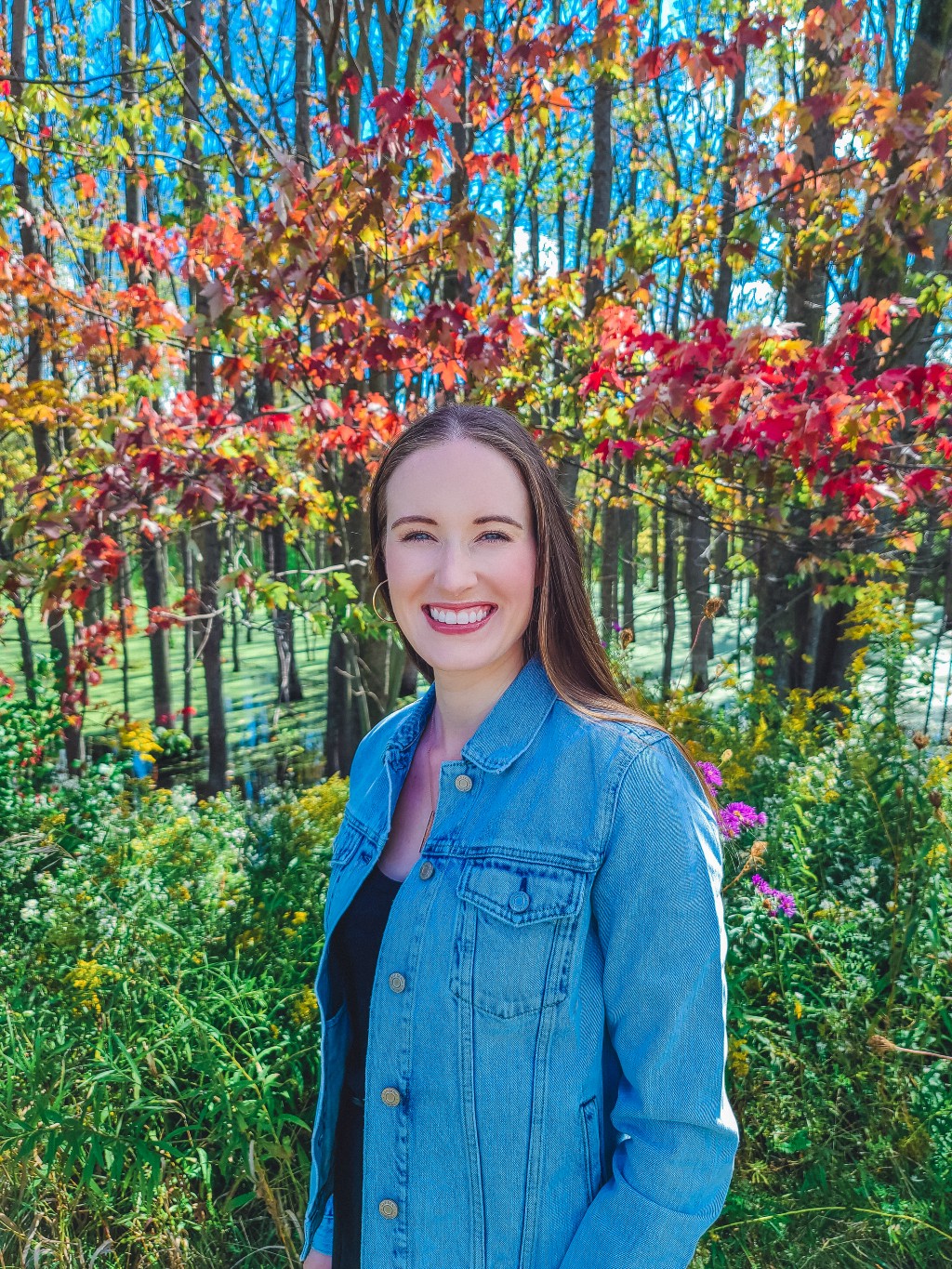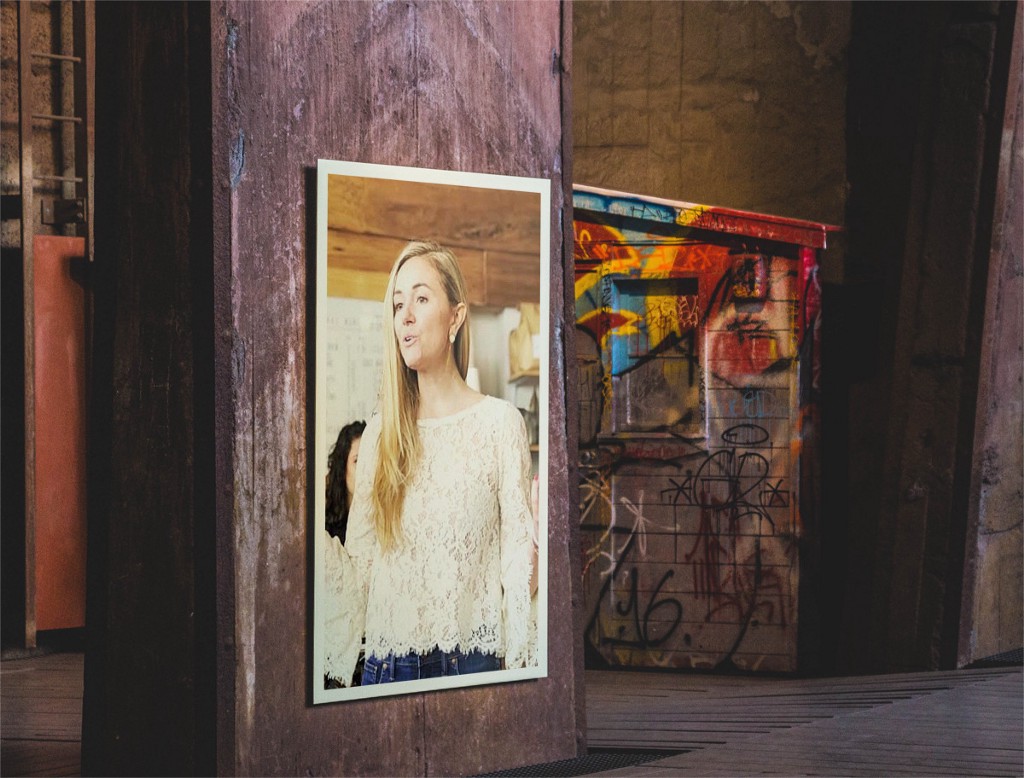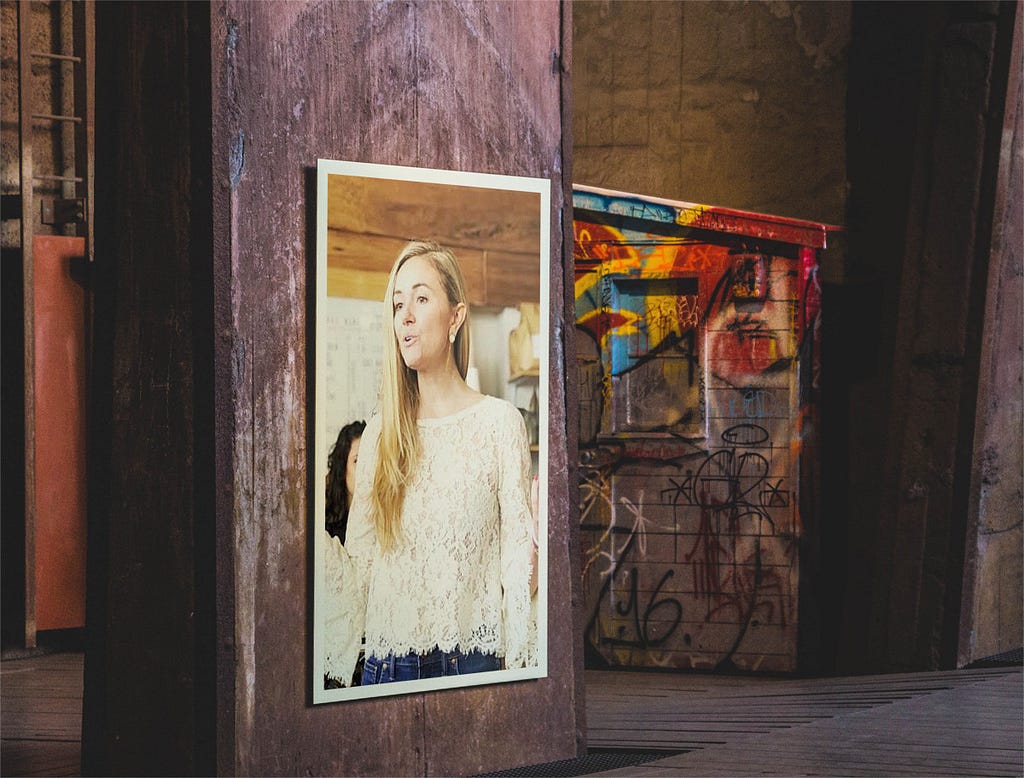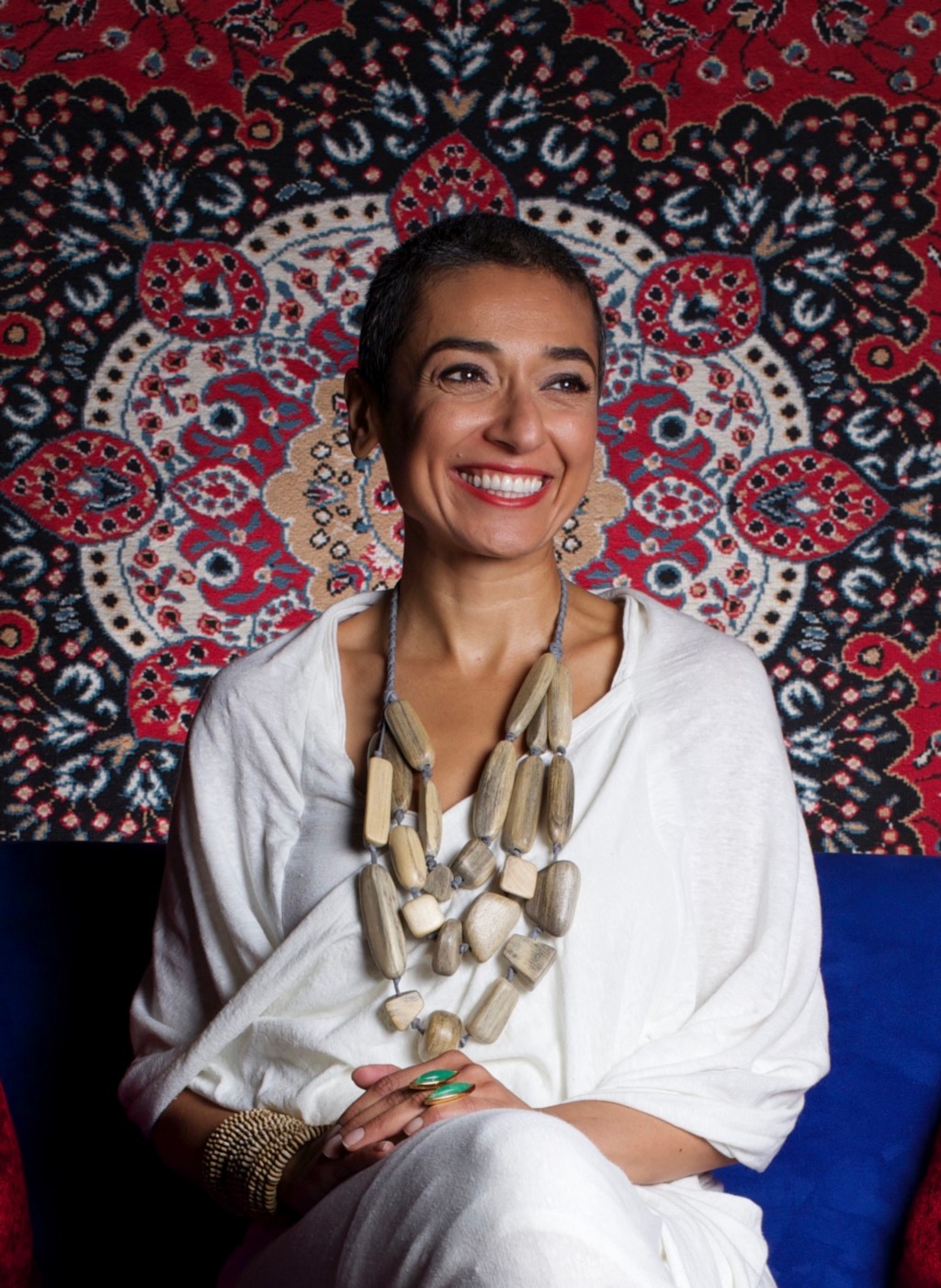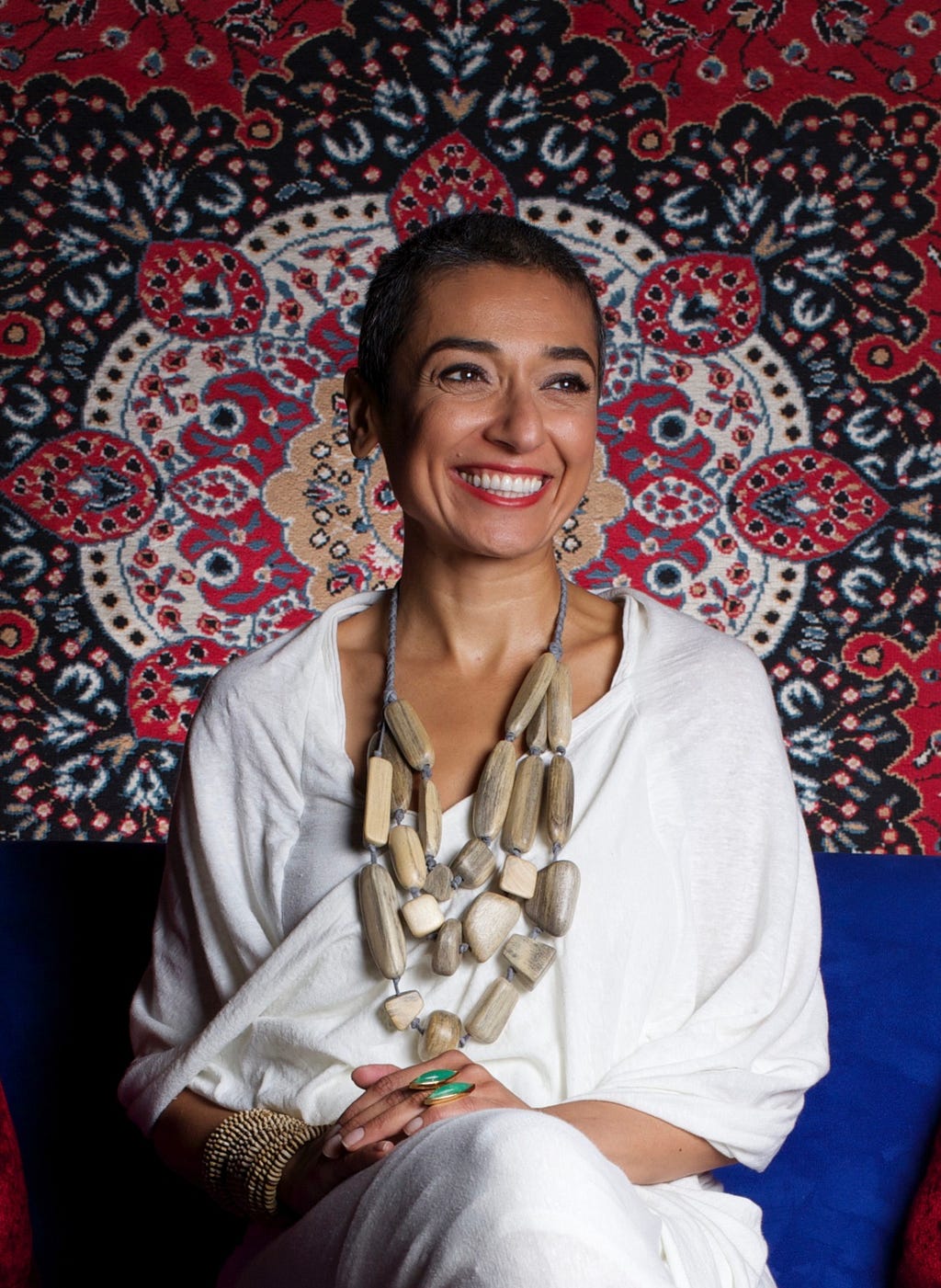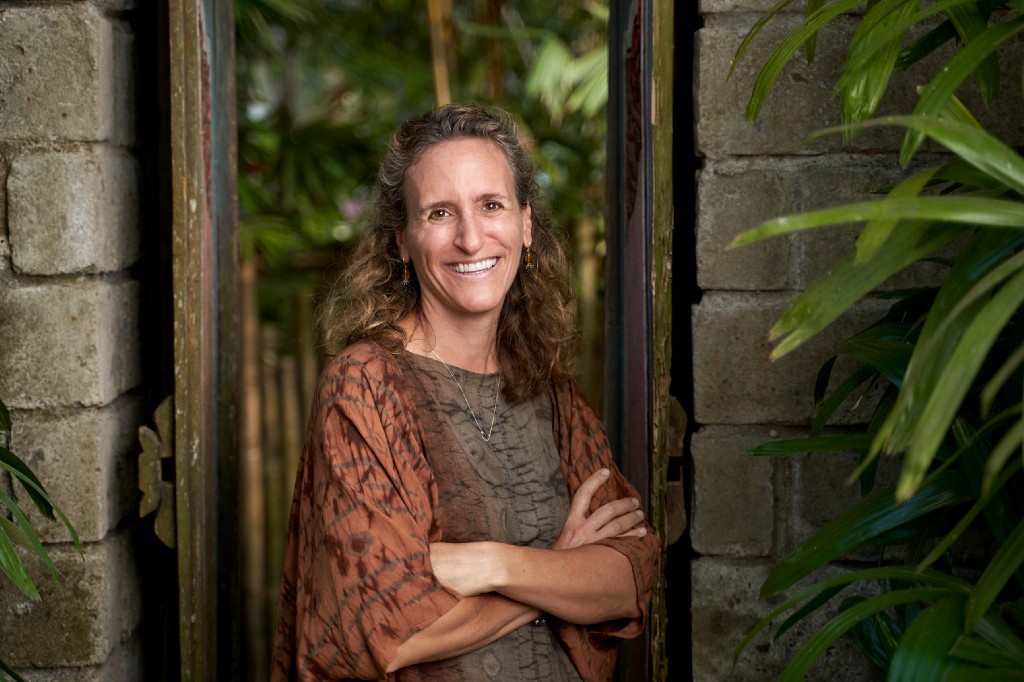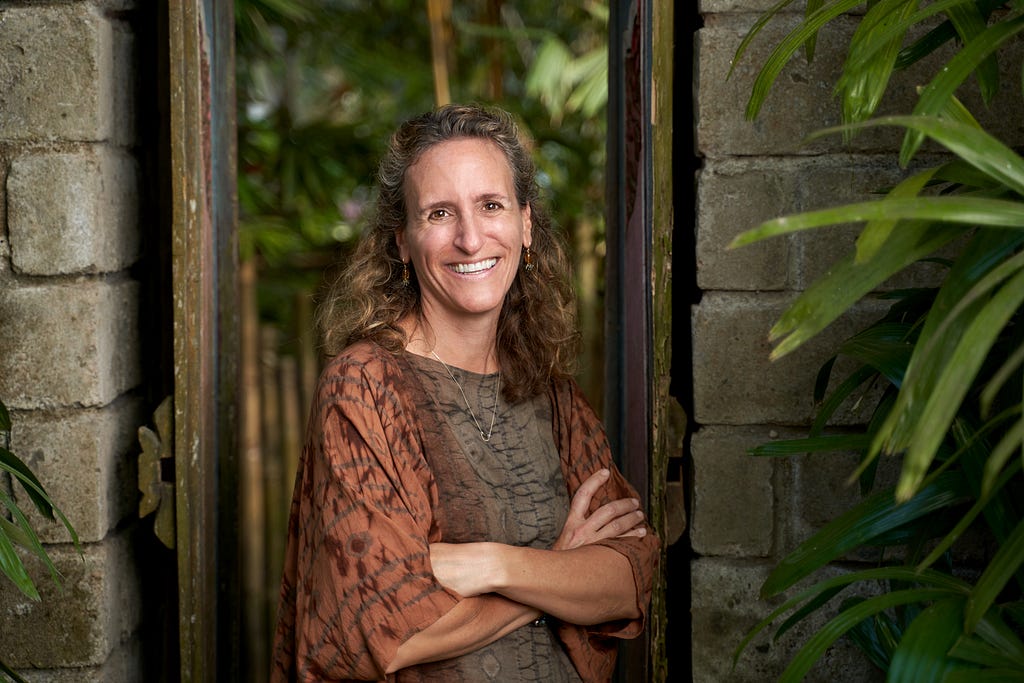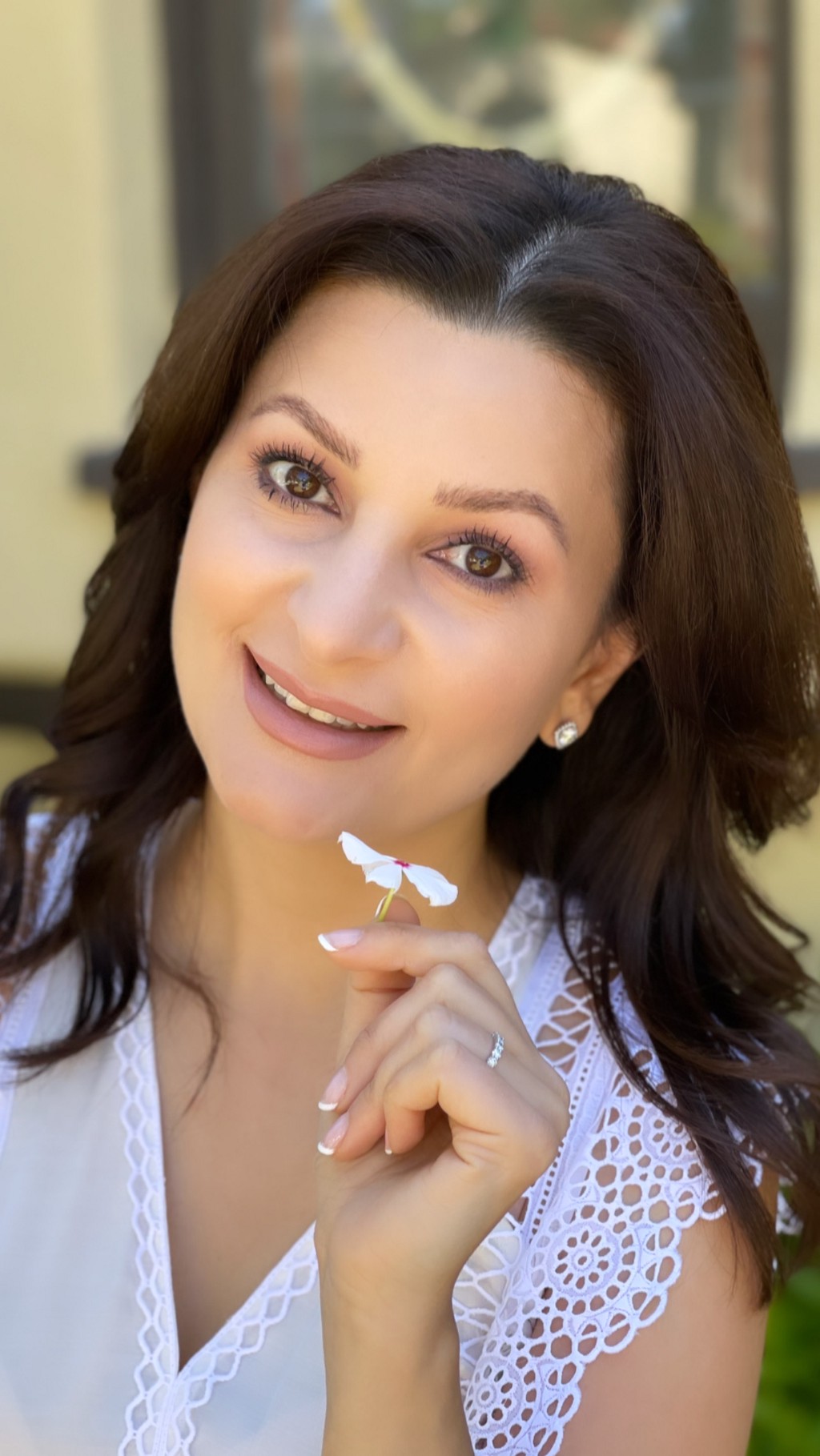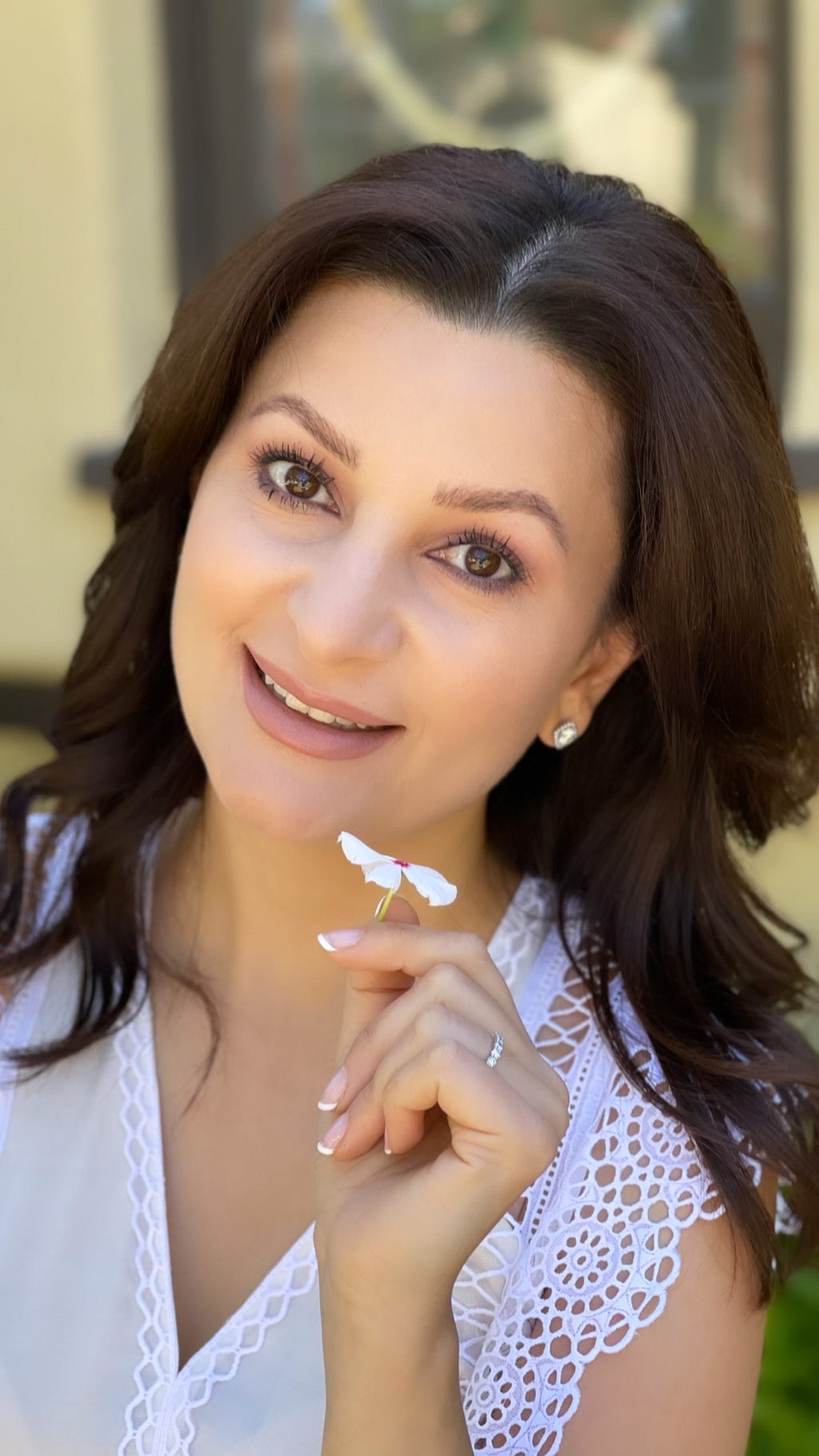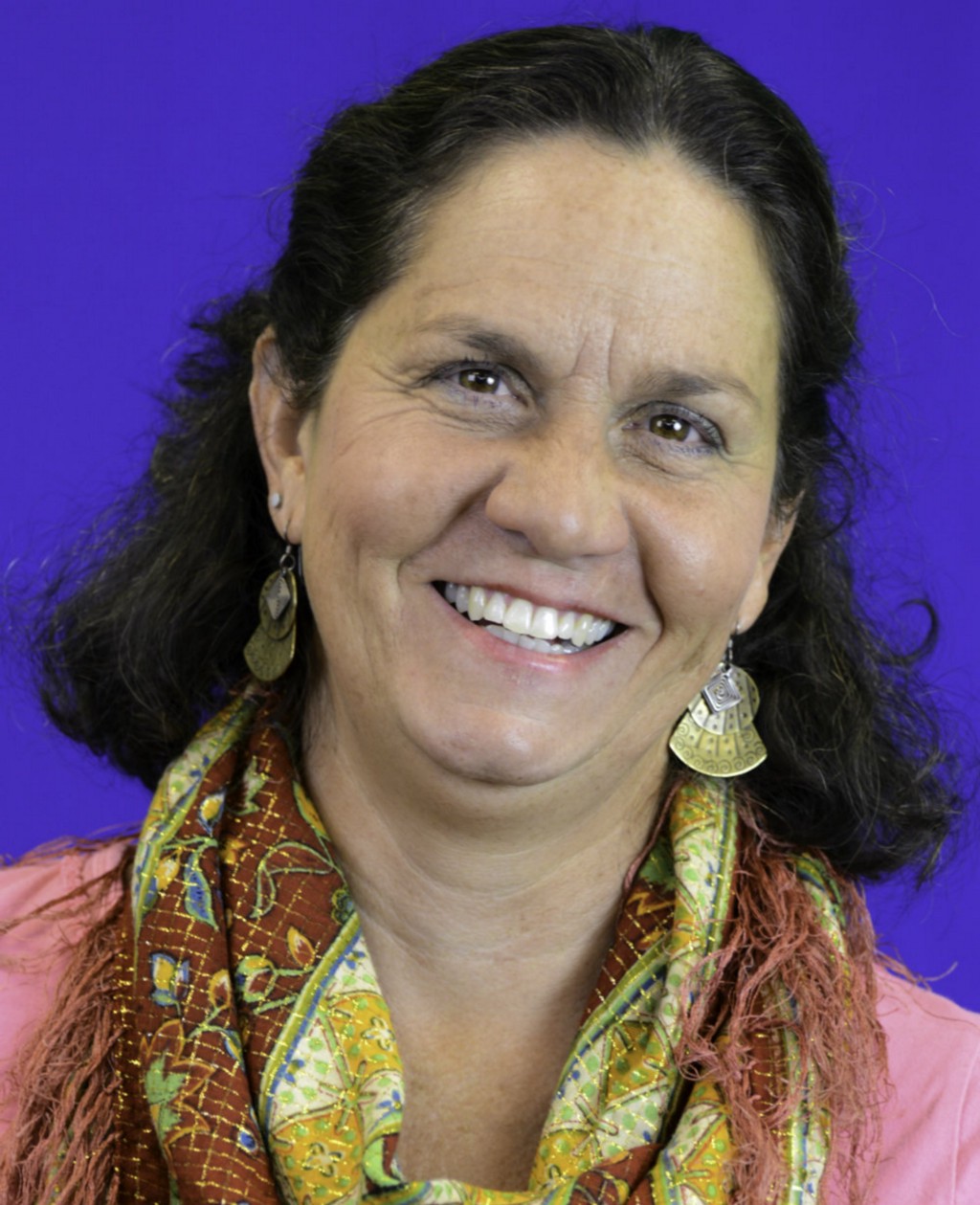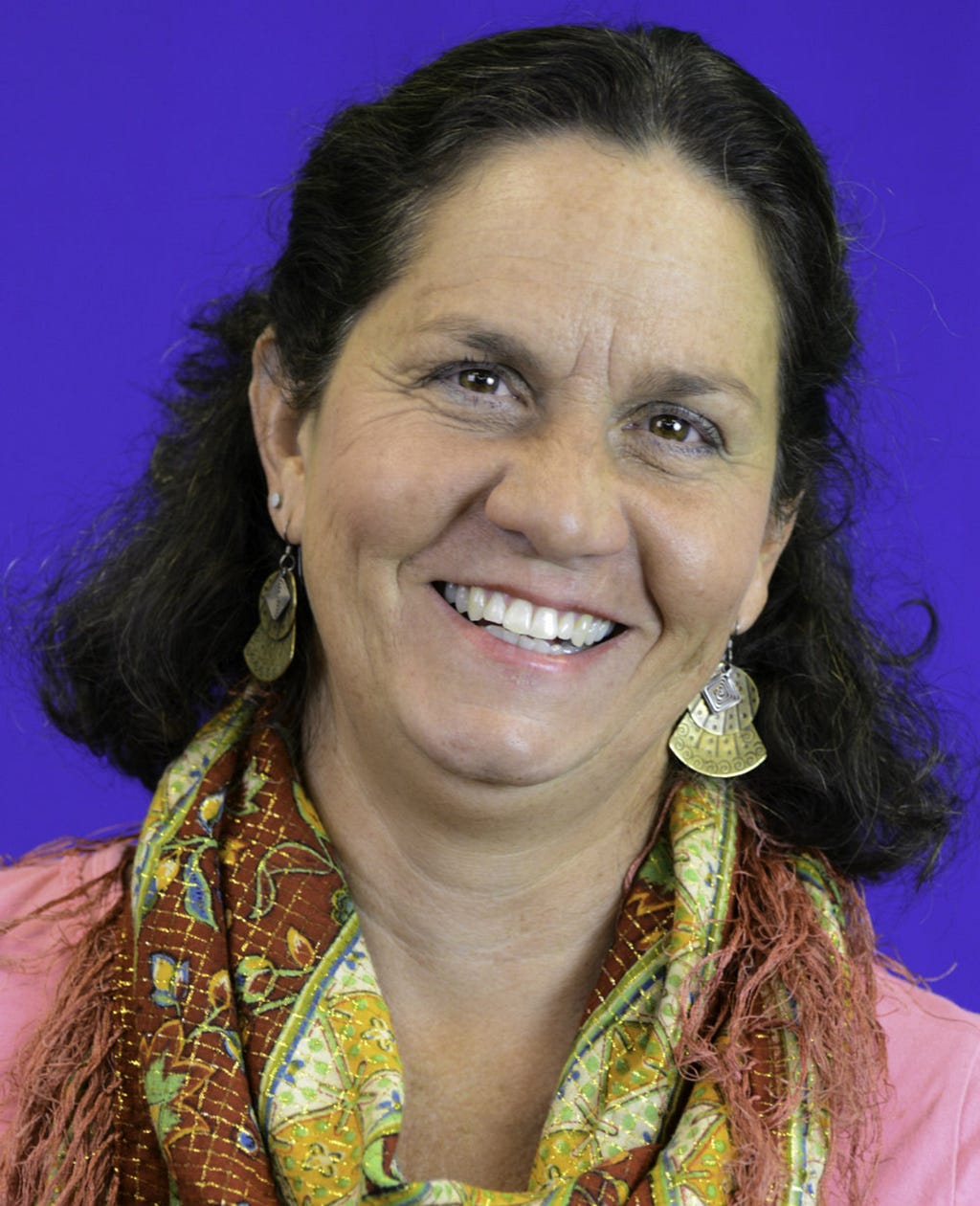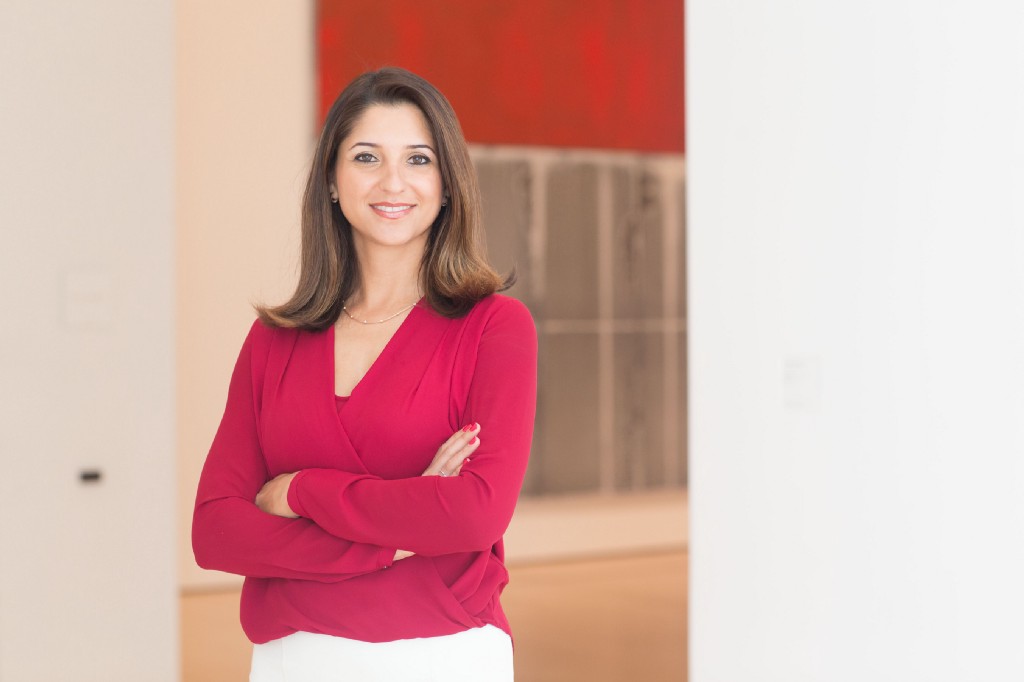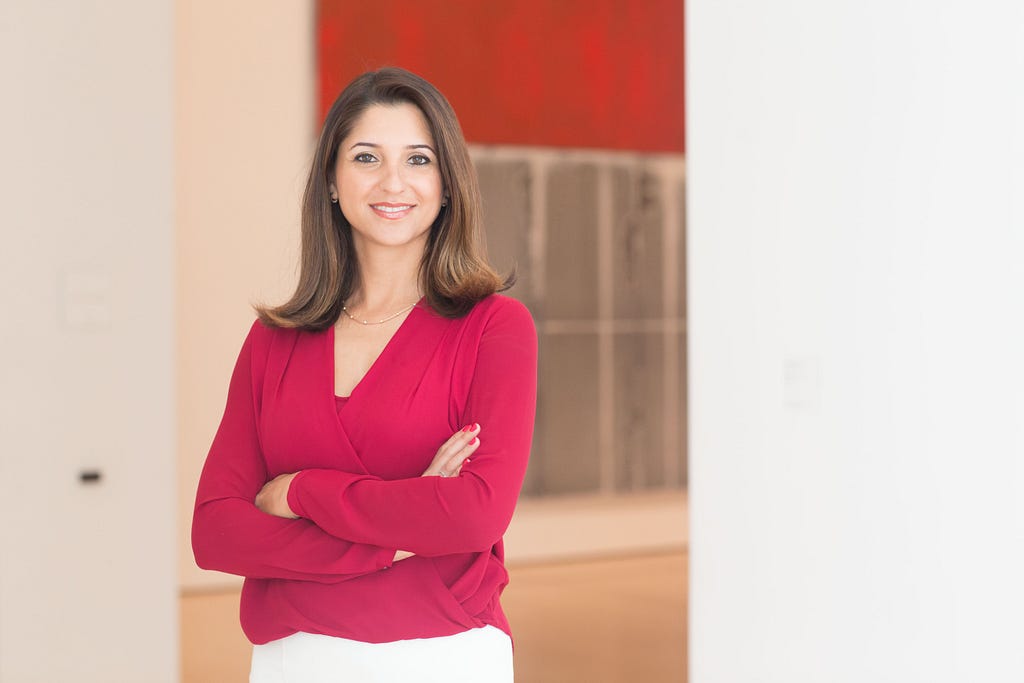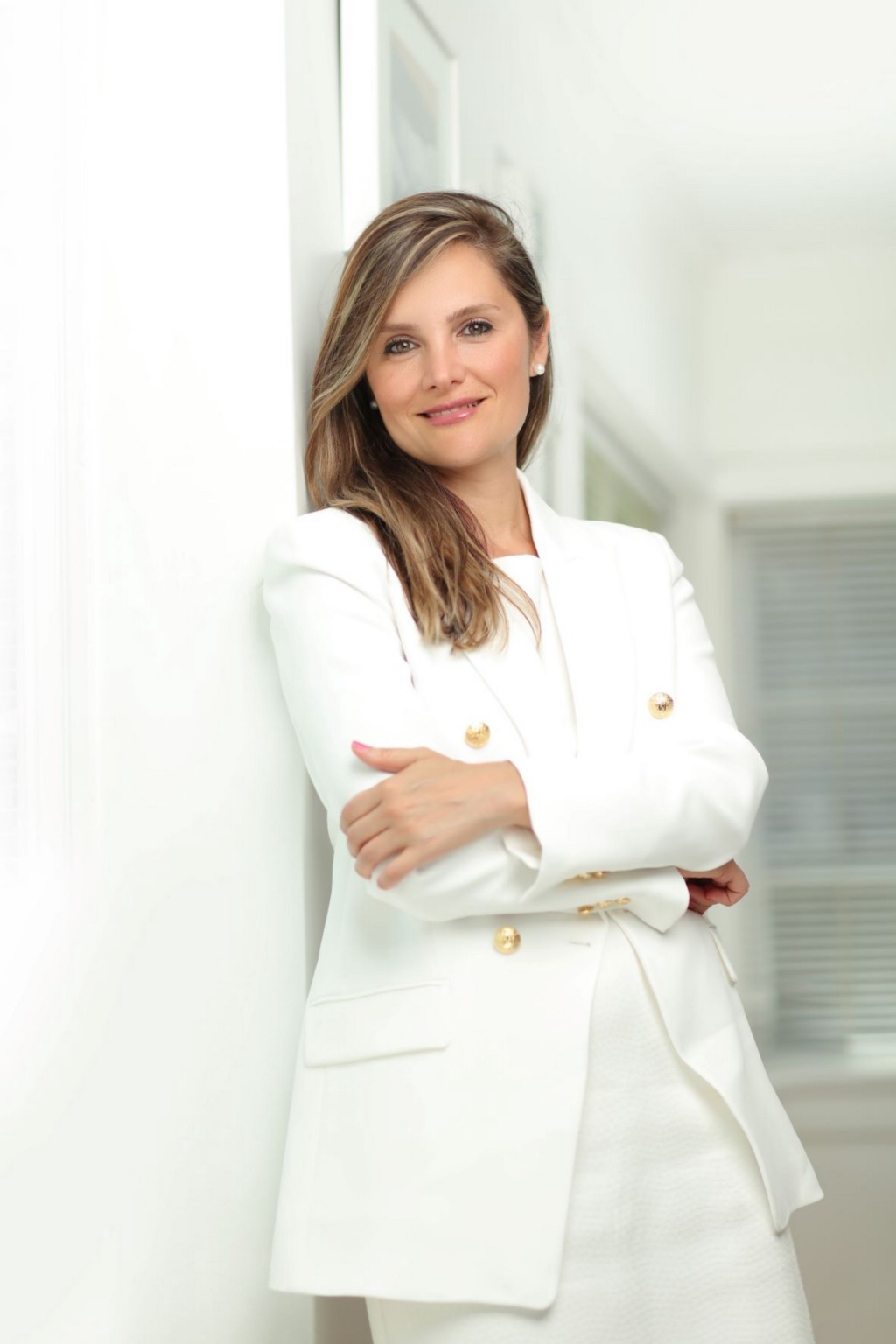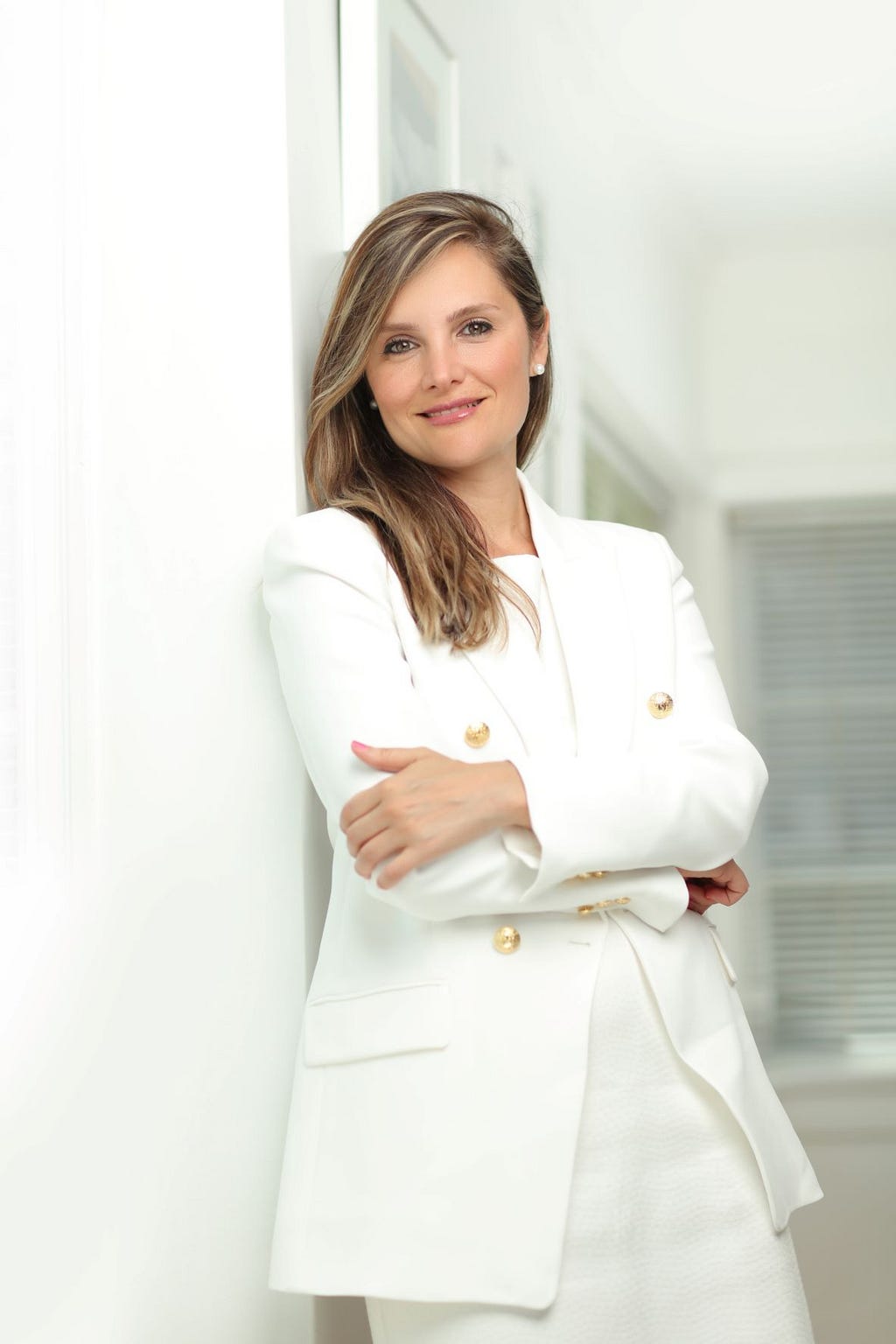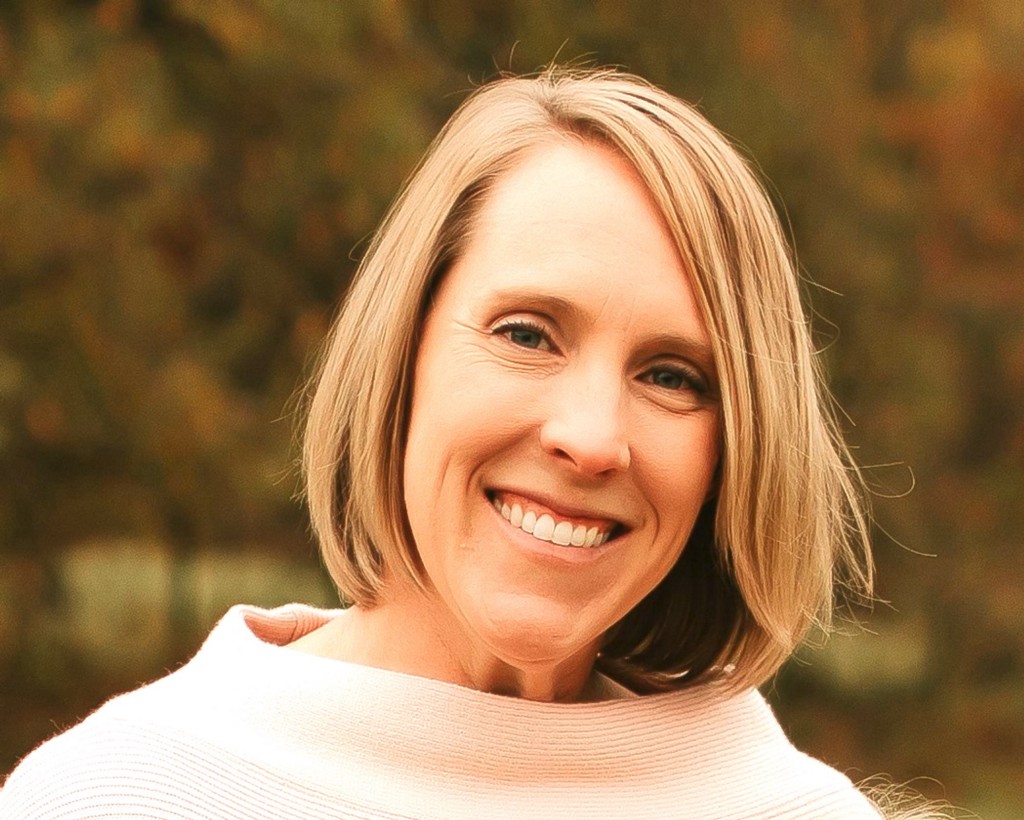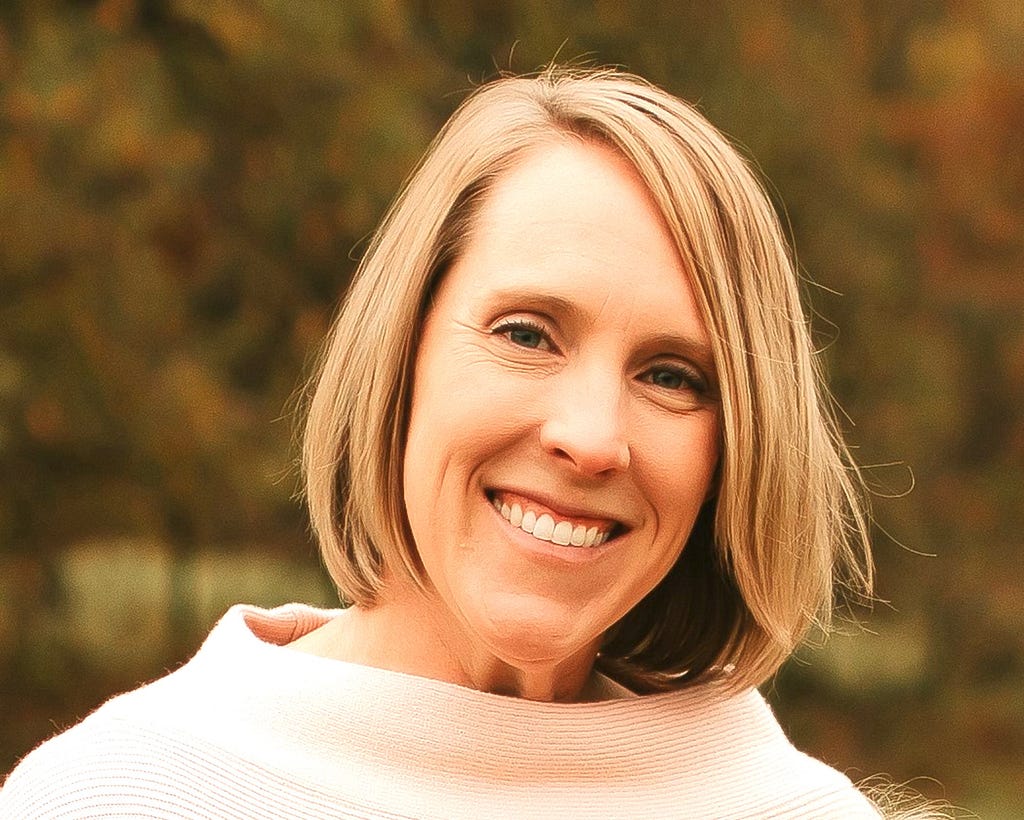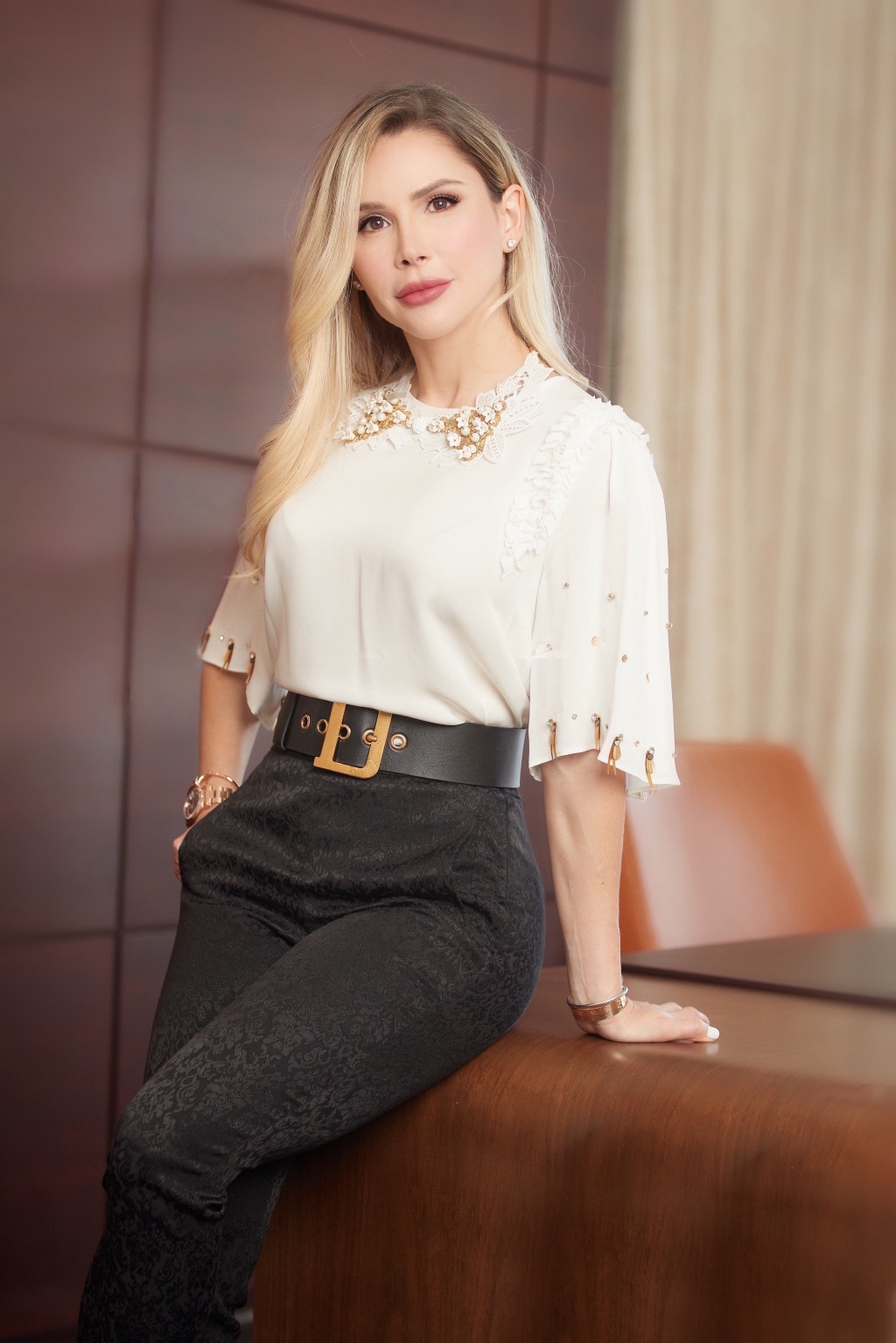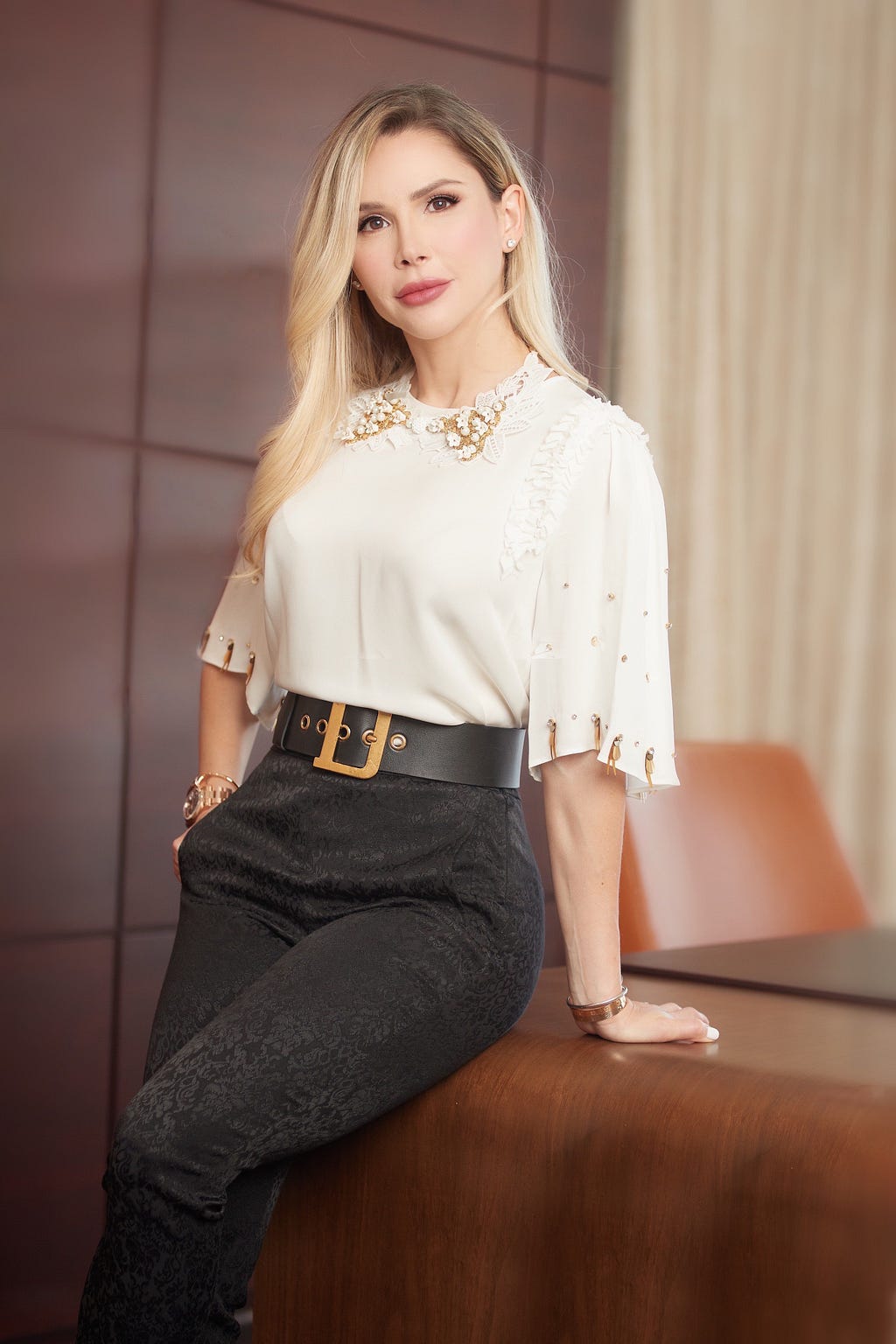Women In Wellness: Cheryl Dowling of The IVF Warrior on The Five Lifestyle Tweaks That Will Help Support People’s Journey Towards Better Wellbeing
An Interview With Candice Georgiadis
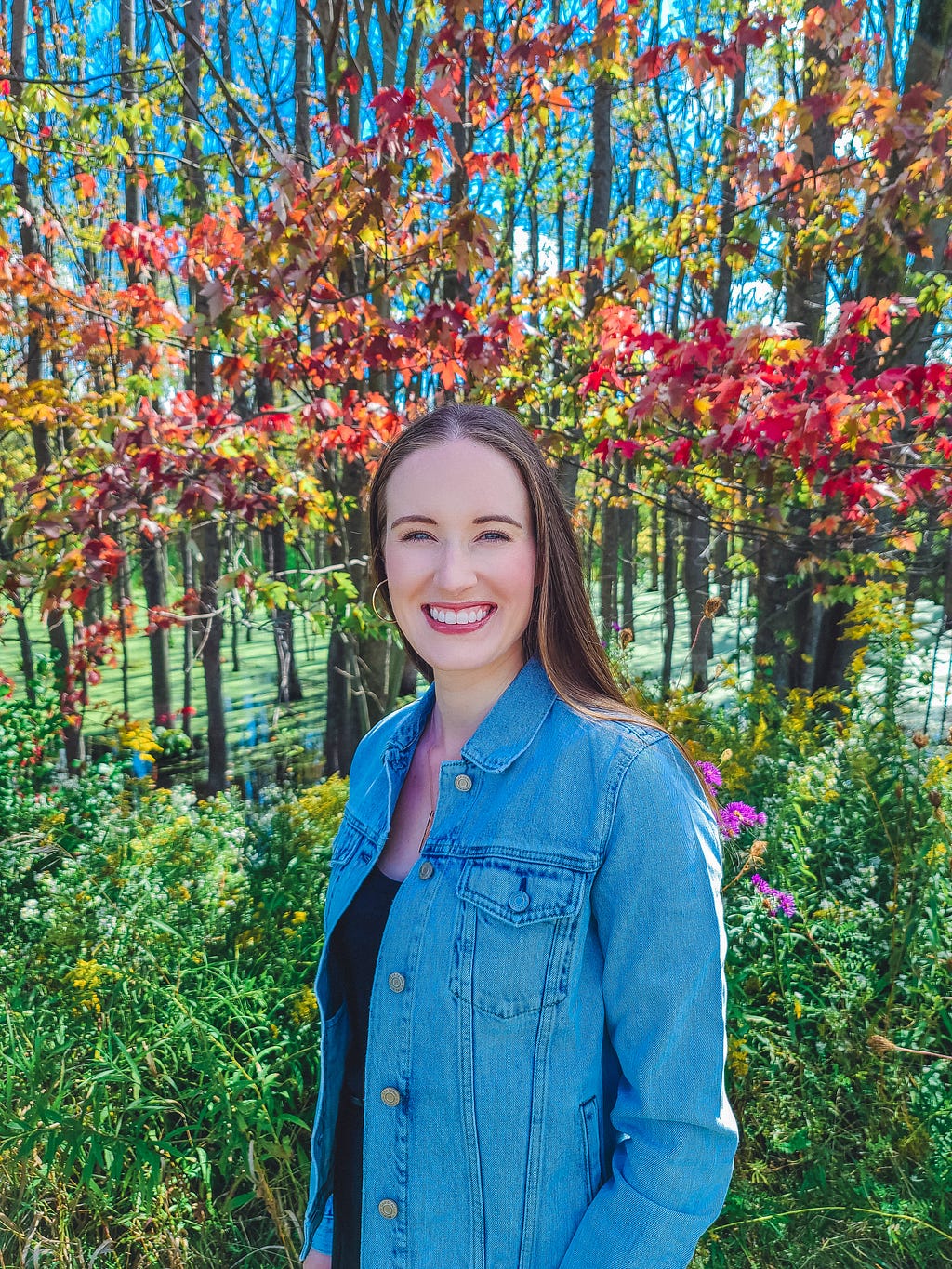
Prioritize Sleep: Lack of sleep can affect your mood, weight, energy, memory, immune system, hormones, and mental health. Additionally, you become higher risk for diabetes, high blood pressure, and heart disease. It’s crucial to prioritize your sleep by making positive lifestyle choices to support sleep. This includes optimizing your bedtime routine and environment. By having a regular bedtime routine that includes some self-care and relaxing activities, plus an optimal bedroom environment that includes a cooler temperature, comfortable bedding, blackout curtains, and no lights, my sleep has improved significantly.
As a part of my series about the women in wellness, I had the pleasure of interviewing Cheryl Dowling.
Cheryl Dowling is a Certified Counselor and founder of The IVF Warrior, a fertility health and wellness platform connecting people from all over the world who are navigating different paths to parenthood. On The IVF Warrior she provides support, resources, and empowerment across multiple platforms, using her expertise and experiences. She also works as a coach and freelance social and digital marketing specialist.
Thank you so much for joining us in this interview series! Our readers would love to “get to know you” better. Can you share your “backstory” with us?
Mental health has always been fascinating to me and something I’m extremely passionate about. I studied Mental Health and Addiction Counseling in school and immediately landed a position as a women’s addiction and mental health counselor at a residential treatment center. Focusing my career on women’s health and wellness wasn’t what I originally envisioned, but I can’t imagine having any other focus. It’s shaped who I am today.
I’ve now worked as an individual, group, and crisis counselor supporting women with mental health issues and teaching tools to optimize wellness and overall well-being. I’ve created and led self-care courses as well. While struggling with many health issues and then embarking on an emotional and isolating fertility journey, my current platform was born.
I recognized while navigating my path to parenthood, that support and resources for those experiencing fertility issues was fairly non-existent. I started sharing my story, as well as providing information for those trying to conceive or dealing with different health struggles while trying to grow their family. The past few years have been so fulfilling and magical in countless ways. Being able to connect with people while providing hope, support, and resources, is very rewarding.
Can you share the most interesting story that happened to you since you started your career? What were the main lessons or takeaways from that story?
One of the biggest lessons has been realizing how different everyone’s journey is. Once you realize that everyone is struggling in their own way, you stop comparing and you start empathizing, listening, and learning. Everyone has different struggles and silent battles they face. Whether it’s infertility, trauma, relationship issues, mental health challenges, or other issues like finances or work. I’ve learned to always be kind and not make assumptions about someone else’s life.
Can you share a story about the biggest mistake you made when you were first starting? Can you tell us what lesson you learned from that?
There have definitely been some hard lessons along the way. The biggest mistake I made starting out was thinking I could help everyone. Initially, it was devastating knowing that some clients went back to old habits once treatment stopped. I quickly realized that a person has to want to change in order to get better. This changed my entire counseling perspective and approach, but it was initially a very hard lesson to learn. This is a lesson that I’ve also taken into my personal life.
Let’s jump to our main focus. When it comes to health and wellness, how is the work you are doing helping to make a bigger impact in the world?
1 in 5 will experience mental health issues in any given year. 1 in 6 will experience infertility. 1 in 4 will experience pregnancy loss. With infertility and loss comes a long list of mental health issues you’re more likely to experience, from PTSD, trauma, anxiety, depression, and postpartum depression and/or anxiety. My work has been crucial for bringing more awareness to this and helping to change the conversation about infertility, loss, and mental health. There are so many layers to infertility and loss that many don’t see. They can both cause lifelong mental health effects. My hope and goals are that others know they aren’t alone, that people understand how to support someone struggling, and that overtime, more people feel like they can speak up about their journey and struggles.
Can you share your top five “lifestyle tweaks” that you believe will help support people’s journey towards better wellbeing? Please give an example or story for each.
- Prioritize Sleep: Lack of sleep can affect your mood, weight, energy, memory, immune system, hormones, and mental health. Additionally, you become higher risk for diabetes, high blood pressure, and heart disease. It’s crucial to prioritize your sleep by making positive lifestyle choices to support sleep. This includes optimizing your bedtime routine and environment. By having a regular bedtime routine that includes some self-care and relaxing activities, plus an optimal bedroom environment that includes a cooler temperature, comfortable bedding, blackout curtains, and no lights, my sleep has improved significantly.
- Spend Time Outside Everyday: Spending time outside not only gives you your daily dose of vitamin D, but it’s also proven to boost overall health and happiness. Getting outside can help reduce stress and improve focus. Fresh air and sunshine can do wonders for our health and well-being. I make a point of going for walks as often as possible, or even stepping outside for a few minutes here and there throughout the day.
- Move Your Body: Exercise is very beneficial for your overall health and wellness. It has amazing benefits for reducing your body’s stress hormones, and things like strength training can even help regulate metabolism hormones. When it comes to exercise, you should move your body every day, even simple stretching or light walking. I aim to exercise 4 times each week, by doing so, I notice major improvements in my mental health.
- Practice Self-Care: Self-care isn’t selfish, it’s necessary. Despite what you’ve heard, self-care doesn’t have to mean bubble baths and nail salons, it can mean setting boundaries, making tough decisions, prioritizing your mental health, or enjoying different activities based on what you enjoy e.g., reading, creating a new recipe, or watching your favorite show. To me, self-care looks different every day, I do what my body and mind are telling me to focus on. Learning to practice self-care without guilt, has changed my life. It makes me a better version of myself.
- Unplug From Technology: When was the last time you went a day, or even a few hours without your phone? How did you feel? Taking time to unplug, be more present, and enjoy what’s happening in front of us, is so important. In today’s world, it’s too easy to get caught up in being “busy” 24/7. Unplugging can help you gain clarity, focus, and happiness, while reducing stress and anxiety. I make time every morning, evening, and weekend, to completely unplug.
If you could start a movement that would bring the most amount of wellness to the most amount of people, what would that be?
Normalizing mental health issues including conversations around mental health, the different battles people face, and treatments including medications or going to therapy. Why is it still “attention seeking” or “shameful” to talk about mental health? Mental health is equally important as our physical health, and should be treated that way. It’s time we end the stigmas. So many people suffer every single day, yet most do in silence. This needs to change.
What are your “5 Things I Wish Someone Told Me Before I Started” and why?
- Don’t Compare Yourself to Others: Something many of us do is compare, especially with the power of the internet. Typically, this makes us feel “less than”, jealous, or other negative feelings. Comparing isn’t helpful because we all have different paths, different circumstances, and different battles. We also can’t believe everything we see online. Most people share their highlight reel, not the mundane moments or their struggles. Someone else’s journey isn’t yours. It’s important to focus your time and energy on you, including your life and your goals. This will bring more positive to your life than wasting time comparing to others.
- Be Your Biggest Fan: You can either build yourself up or tear yourself down with your thoughts and words. What you tell yourself every day matters the most. You have to learn to change the voice inside your head to be positive and loving, not judgmental or mean. When you start cheering yourself on, incredible things happen. When I learned to start incorporating daily affirmations into my life and shutting down that negative, critical voice, my overall thoughts and confidence changed.
- Never Sacrifice Your Mental Health: For a relationship, a job, to please others, for anything… Nothing is worth sacrificing your mental health for. Learn to prioritize your mental health just like your physical health. If you feel like your mental health is declining, do something about it! Talk to someone, take a break, practice self-care, unplug, or rest. Without our mental health in check, everything becomes harder to navigate, judgement becomes cloudy, productivity declines, and we can’t show up for ourself or others the same. Setting boundaries and putting our mental health first is healthy.
- Celebrate Your Victories: “Life is what happens while you’re busy making plans”. We often get so caught up in the next big thing we want to achieve in life, we forget to slow down and celebrate our wins along the way, both big and small. It’s so important to celebrate life and all that you accomplish. Don’t get so caught up in the next big thing that you forget to celebrate your wins and what’s happening in present time.
- Nothing Happens Overnight: In a world that loves instant gratification, I think most of us forget that life achievements take time and don’t happen overnight. Learning to be patient with ourself and the journey is important. Success always looks so simple, linear, and different from the outside, which is why many of us fall victim of comparing, but success takes persistence, dedication, and typically many failures and hard lessons along the way. Learn to embrace the journey on your way to the destination.
Sustainability, veganism, mental health and environmental changes are big topics at the moment. Which one of these causes is dearest to you, and why?
Mental health is very close to my heart. I’ve dedicated a lot of my life and career to this specific cause and plan on continuing the conversation to bring more awareness and help end any stigma associated with mental health. Every day I see so many struggling silently. No one should ever feel alone or shame for their mental health issues.
What is the best way our readers can follow you online?
You can find me on Instagram @the.ivf.warrior, Facebook, and The IVF Warrior website. I’d love to be able to connect with more of you there!
Thank you for these fantastic insights!
Women In Wellness: Cheryl Dowling of The IVF Warrior on The Five Lifestyle Tweaks That Will Help… was originally published in Authority Magazine on Medium, where people are continuing the conversation by highlighting and responding to this story.

